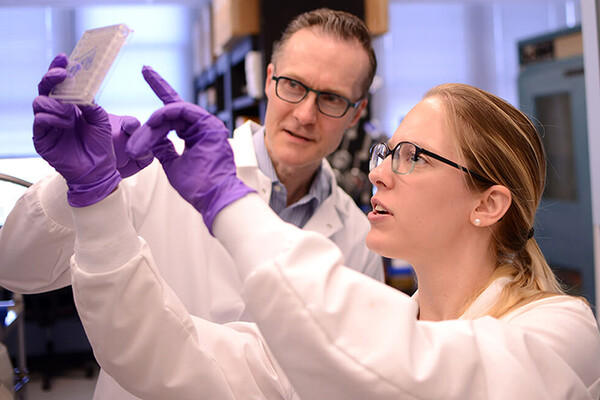
Dr. Oliver Garden and Sabina Hlavaty, a Howard Hughes Medical Institute/Burroughs Wellcome Fund Medical Research Fellow, view a plate of cultured canine bone marrow cells to compare conditions during an experiment. Photo courtesy of Penn Vet News.

Dr. Oliver Garden and Sabina Hlavaty, a Howard Hughes Medical Institute/Burroughs Wellcome Fund Medical Research Fellow, view a plate of cultured canine bone marrow cells to compare conditions during an experiment. Photo courtesy of Penn Vet News.
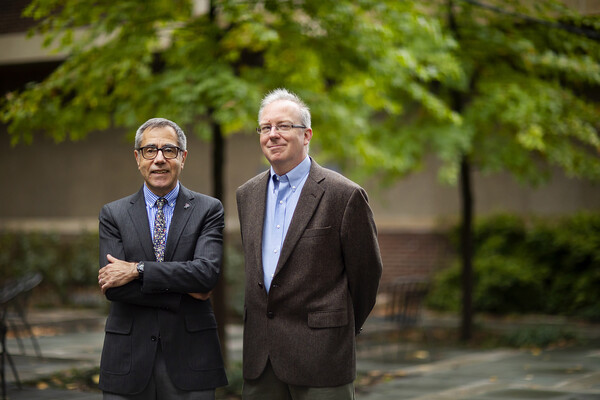
Physicists Eugene Mele and Charles Kane of the School of Arts and Sciences are being recognized for their innovative work on topological insulators.
nocred
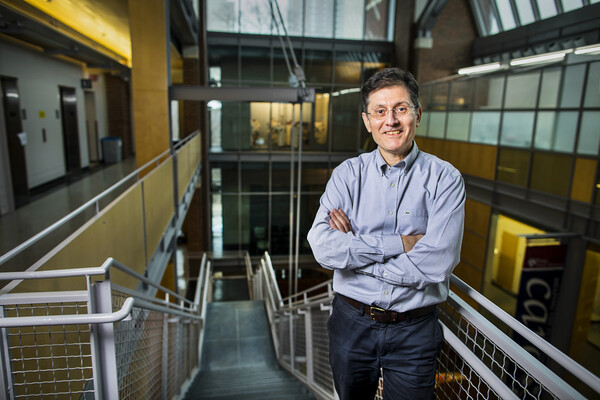
George Hajishengallis

iStock
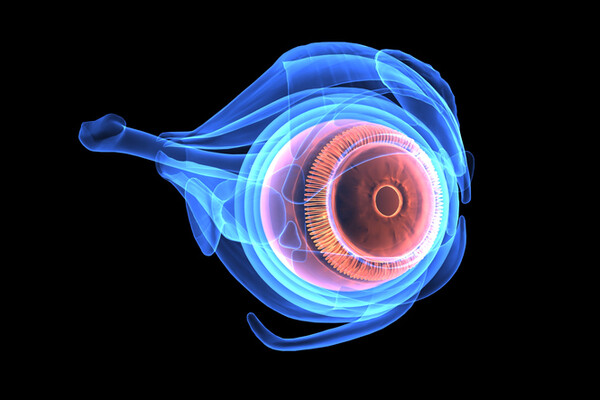
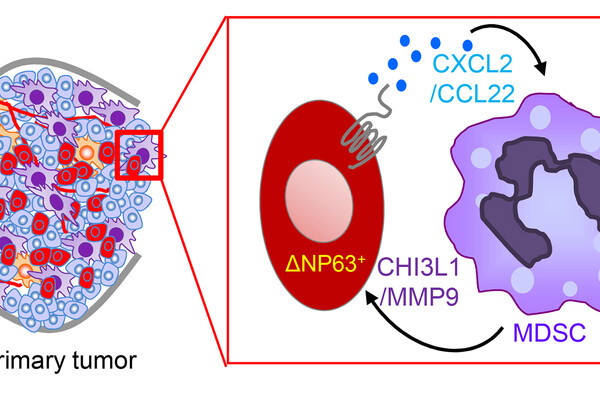
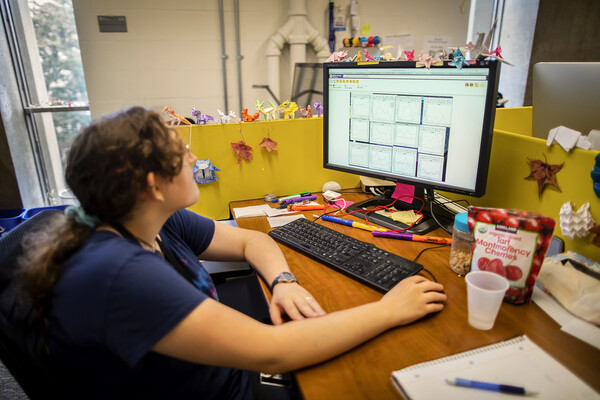
Kyra Schapiro, a graduate student in the lab of Perelman School of Medicine neuroscientist Joshua Gold, uses LabArchives to plan experiments and track results. Penn’s Office of the Vice Provost for Research has made the electronic research notebook freely available to campus scientists.
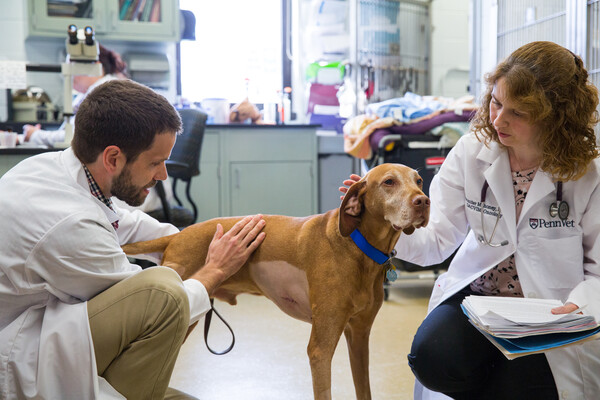

The new research shows the benefits of ventilating horses undergoing surgery with a mixture of helium and oxygen. (Image: Courtesy of Klaus Hopster)
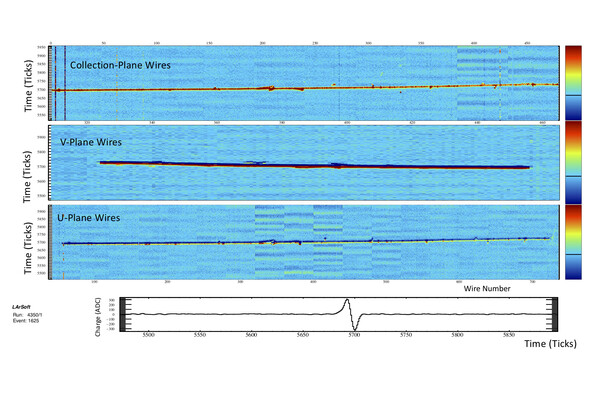
The first particle tracks recorded by the ProtoDUNE detector at CERN usher in a new phase of investigation into neutrinos, the most abundant particles of mass in the universe. (Image: DUNE collaboration)